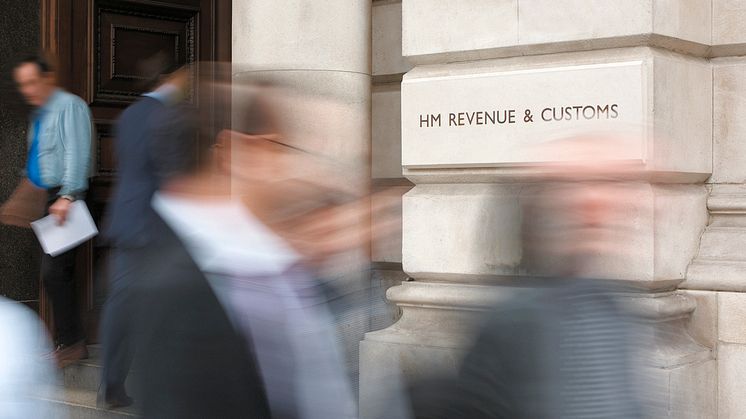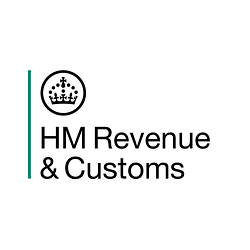
Press release -
HMRC will stop automatically sending paper Self Assessment returns
Self Assessment customers will no longer receive automatic paper returns, HM Revenue and Customs (HMRC) has today announced, as part of efforts to encourage customers to take advantage of the online service and cut unnecessary use of paper.
Increasing numbers of people expect to engage with HMRC digitally. Last year alone, 94% of HMRC’s customers filed their return online and HMRC recently saw a 110% increase in customers registering to communicate digitally. Last year HMRC automatically sent out more than 500,000 returns.
Now, taxpayers will still be able to file a paper return if they choose but HMRC will encourage those who are able to file online to do so. The environmentally-friendly measure means that from April, instead of automatically receiving a paper return, taxpayers who have filed on paper in the past will now receive a short notice to file. If they still wish to file on paper they can download a blank version of the return or call HMRC to request one.
The notice to file will tell taxpayers we intend to communicate with them digitally and provide them with information about managing their tax affairs through their Personal Tax Accounts.
As customers visit their Personal Tax Account online we will request their agreement to communicate digitally by default and, if they consent, subsequent communication, including statutory notices will be provided digitally.
Where HMRC can identify taxpayers whose personal circumstances mean they cannot file online, they will continue to receive a blank paper return.
Angela MacDonald, HMRC’s Director General for Customer Services said:
“Most customers manage their tax affairs online. It’s easy, secure and available 24 hours a day. Customers can also sign up for email alerts and online messaging. It doesn’t even have to be done all in one go – they can stop, save what they’ve done, and pick up where they left off later.
“We are working hard to stop the use of unnecessary resources which have an environmental impact; that’s why we’re reducing the use of paper as much as possible.
“Digitisation remains an HMRC priority but we’re still committed to giving taxpayers the ability to choose what’s best for them, so those who want to file a paper return can still do so.”
These efforts are part of a larger HMRC initiative to reduce unnecessary paper with Annual Tax Summaries now also moving to taxpayers’ Personal Tax Accounts. The summaries of what PAYE taxpayers have paid were posted to 22 million people last year.
Paper will also be reduced when HMRC stops providing more than three million blank P45s and 11 million P60s in April. The vast majority of employers already use their existing HMRC, free or commercial software to produce P45s and P60s for their employees.
Notes to Editors
1. This change does not prevent the tax payer filing a paper return if they choose to do so.
2. There will be a small number of tax payers (1-3%) for whom the nature of their return or their personal circumstances means that filing digitally will not be an option in 20/21. Where we can identify them in advance, we will provide them with a paper return in April 2020.
3. Download The free HMRC app from:
- the App Store for iOS
- the Google Play Store for Android
4. Follow HMRC’s Press Office on Twitter @HMRCpressoffice
5. HMRC’s Flickr channel www.flickr.com/hmrcgovuk
Topics
Categories
Issued by HM Revenue & Customs Press Office
HM Revenue & Customs (HMRC) is the UK’s tax authority.
HMRC is responsible for making sure that the money is available to fund the UK’s public services and for helping families and individuals with targeted financial support.

